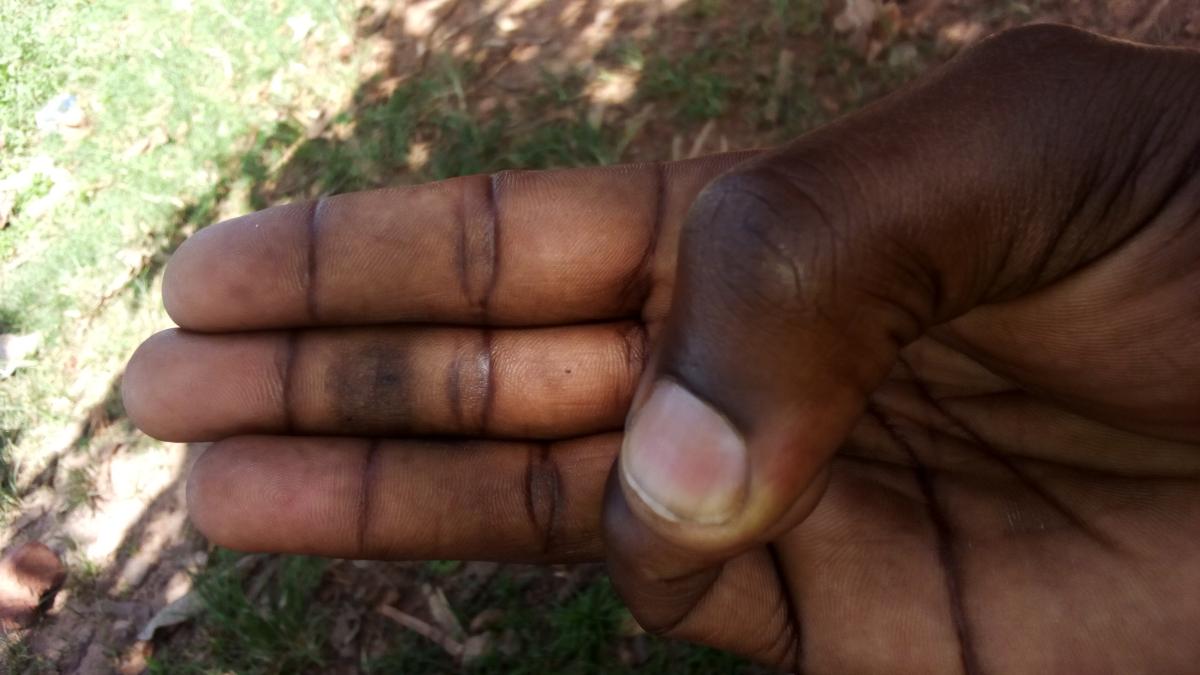
Scouts Safe Water Run at Kibibi SS, Butambala District of Uganda Scouts Association.
Program date and Venue
The program is scheduled for 1st /07/2017 on Saturday at Kibibi Secondary School Butambala District from 8:00am to 3:00pm.
Project theme: “Safe Water, safe living”
The overall water supply provision coverage, reported by the Government, is low of the population with having access to sanitation facilities, with rural areas being less well served than the urban areas. The case in point is Butambala District.
The existing situation for most of rural Butambala’s population and in particular the proposed beneficiaries of this action is a combination of:
Distant and unreliable water sources
Water which is contaminated at source by human and animal excreta
Environmental pollution because of lack of sanitation facilities
Poor knowledge of the links between water, excreta and poor hygiene practices
Consequently, women and children spend up to 1 –2 hours per day fetching contaminated water that is inadequate in quantity to allow good hygiene to be practised. In many schools, children take alternate mornings off classes to collect water for the school, thus missing 25% of their education, as well as collecting water for the household after school. Since much time is wasted in water hauling, physical injury follows from this load carrying such as back injuries, hernia & miscarriages.
Furthermore the whole population and especially children suffer from ill health, water- and excreta-related diseases such as parasitic worms, diarrhoea, skin and eye diseases.
In order to improve this situation people must get sufficient water of better quality from well developed and improved water supply systems closer to their homes such that they can practice good hygiene, including safe excreta disposal, hand washing and home cleanliness. However, at present communities are not able to bring about the changes required without external assistance due to the low awareness and educational levels, particularly in relation to the need for improved hygiene and sanitation practices, as well as the high initial cost of installing water supply schemes which are unaffordable at community level. Although most communities have some sort of development committee (established by the Government and other development partners in Butambala), these are poorly organised and lack the ability and resources to take this level of initiative prior to enhancing their capacity by the action.
Expected results
The benefits of the project lie not only in providing clean water to Butambala District communities but also in the following:
Improving the villagers’ health standards through provision of clean water
Providing water for livestock
Improved hygiene practices among the community and school students
Primary schools in rural areas physically improved and equipped
Students and teachers supported with school kits and training programs
Strengthened ability of the community to manage and maintain its water supply systems and sanitation facilities
Improving nutrition. The villagers will be able to practice horticulture farming using water from the borehole. The water will be used to grow vegetables that can be used to substitute their diet which is predominantly meat.
Improvement of environment: the borehole water is also intended to be used in watering tree nursery that is meant to provide the villagers with trees.
The project will also serve as a prototype to be replicated in other neighboring villages and districts
Main activities of the day
Train community members on water, hygiene and sanitation -1 group comprising of 15-20 households)
Marathon run for safe water as a way to create awareness
Mobilisation of communities to establish CBOs, WASH committees,to help install, manage schemes.
Train and build capacity of WASH committee members, District officials, and health extension workers and water management.
Train Communities and water technicians to operate, maintain, manage and sustain schemes.
Train and build capacity of district Officials
Follow up and monitoring of CBO capacity development and scheme impact.
Construct medium size gravity scheme/motorised pump scheme, Extension of water supply systems from existing systems and protected springs;
Conducting water quality test for each water source;
Monitoring and evaluation of progress and impact: